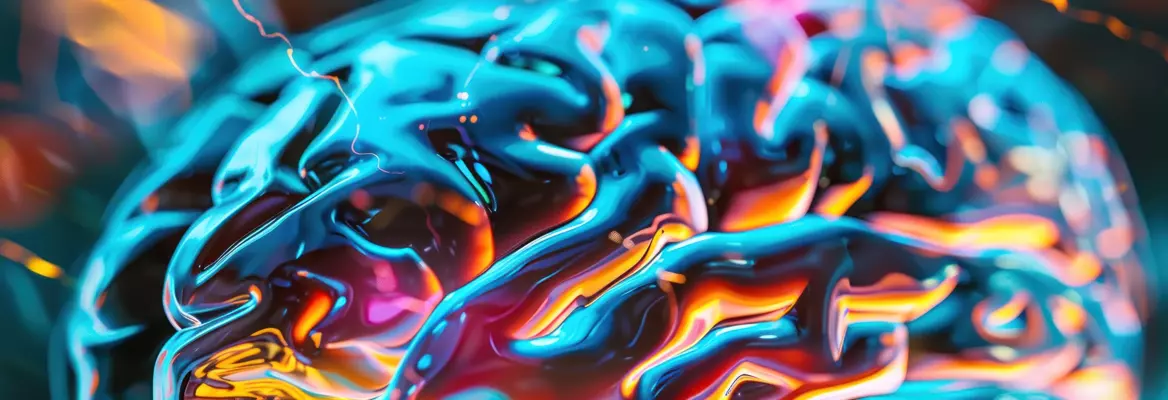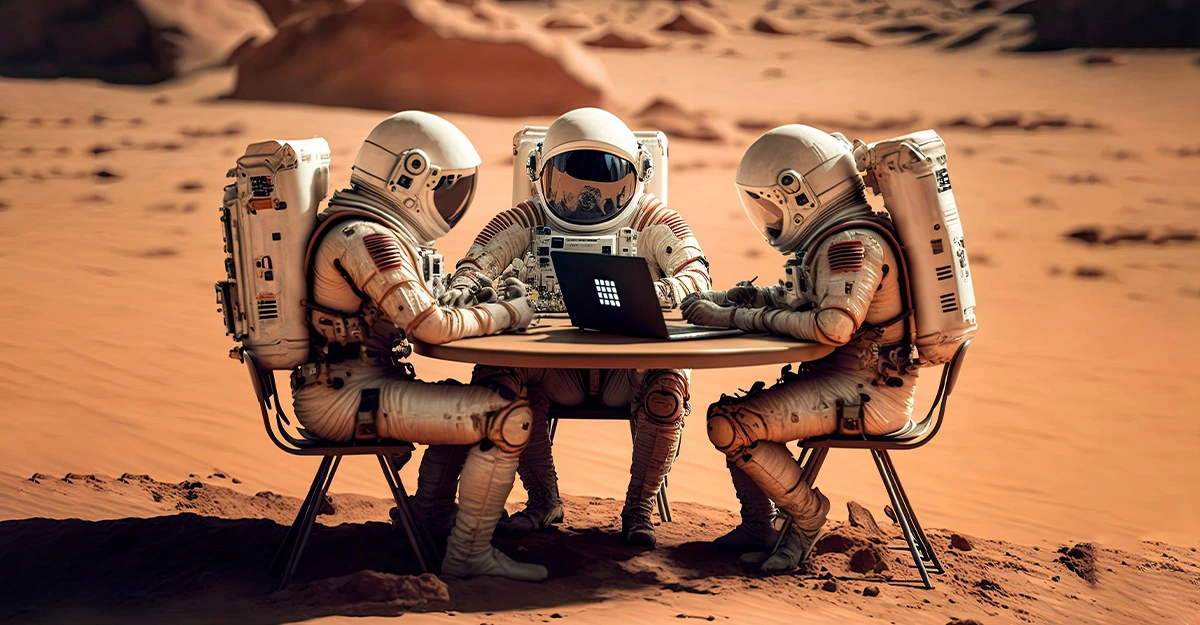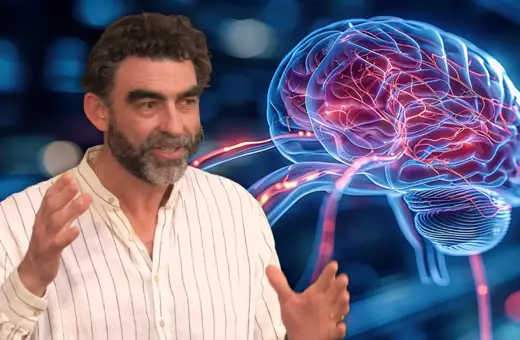Human brains evolved in a prehistoric world of day-to-day unpredictability and long-term stability. Today these same brains are thrust into an inverted world of day-to-day hyper-control and longer-term global volatility. We control room temperatures to the nearest degree and use Google Maps to route-plan to the nearest metre, yet face uncontrolled global warming and the looming shadow of Great Power warfare. The result is anxiety and a craving for yet more control. But, argues Brian Klaas, learning to relinquish some day-to-day control will help us to both recover the delights of serendipity and build societies less vulnerable to collapse.
In 2024, our worries have taken on a dystopian, existential tint. Democracies are dying. Nuclear powers are engaged in a bloody proxy war in Ukraine. Our life-sustaining climatic ecosystem is collapsing as wildfires rage and oceans feel like bath water. Not long ago, a mutant virus shut down the world, forever altering the lives of billions.
Yet as the world around us teeters on a cataclysmic precipice, some realms remain immune from doubt. No matter what happens in the US and Indian elections, or the war in Ukraine, or the looming climate catastrophe, we feel pretty certain that Amazon packages will continue to arrive as planned—and that, come October, Pumpkin Spice Lattes will return to the menu at our local temperature-controlled Starbucks.
___
This inversion lies at the root of much unhappiness in the modern world: we suffocate in day-to-day hyper-control while feeling increasingly anxious about out-of-control longer-term change.
___
This juxtaposition yields a disorienting realization: modern humans have invented a social world that inverts how our ancestors lived. We have engineered societies where the uncertainties of life lurk in exactly the wrong place. Our day-to-day lives have never been more predictable, while the superstructure of our societies is now catastrophically unpredictable. This inversion lies at the root of much unhappiness in the modern world: we suffocate in day-to-day hyper-control while feeling increasingly anxious about out-of-control longer-term change.
Prehistoric life: daily volatility, long-term predictability
Consider this: we, Homo sapiens, have graced the planet for just over 250,000 years. Because the average human generation lasts 26.9 years, that means there have been about 9,500 generations of modern humans. And if you cram that vast stretch of time into one 24-hour day, the modern world is but a sliver of seconds. The hunter-gatherer period of humanity would comprise about 23 hours and 3 minutes, with an additional 55 minutes and 32 seconds for the Agrarian Age (defined by the rise of farming and the spread of sedentary civilization). That leaves just a minute and 17 seconds for the Industrial Era. Today’s societies, which exist in the computer-driven Information Age, are a mere blink: 11 seconds and counting.
Those 11 seconds are profoundly unusual. But that’s not just because of the usual suspects: the internet, globalization, inequality. Rather, it’s because we have inverted the locus of uncertainty and upheaval in our lives, flipping it from the local to the global.
In the long stretch of our hunter-gatherer past, humans lived, generation after generation, in more or less the same kind of world. For every generation, childbirth meant rolling the dice with the mother’s life. Predators might turn a hunter-gatherer into a snack. And the return of potential starvation, not pumpkin spice lattes, was a feature of every late autumn. Daily life was dangerously uncontrollable, but the nature of such existential threats—and the world around them—remained relatively unchanging.





















Join the conversation